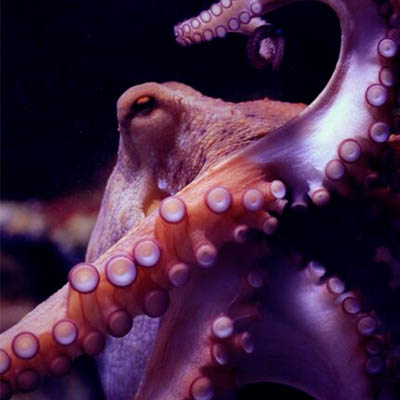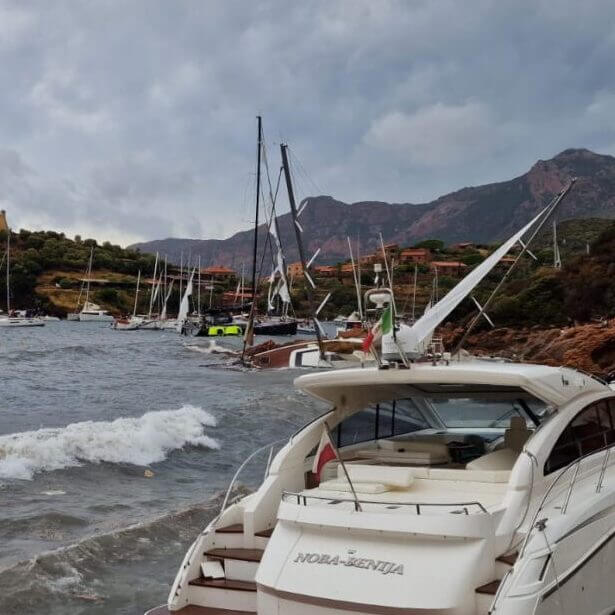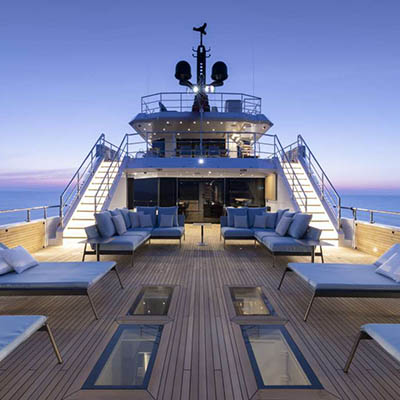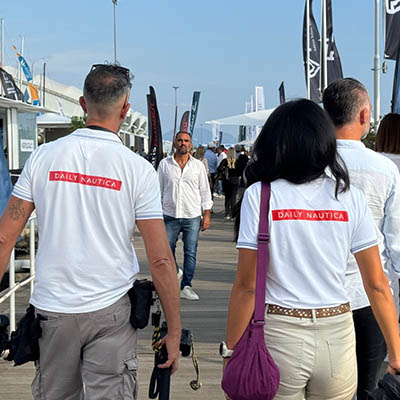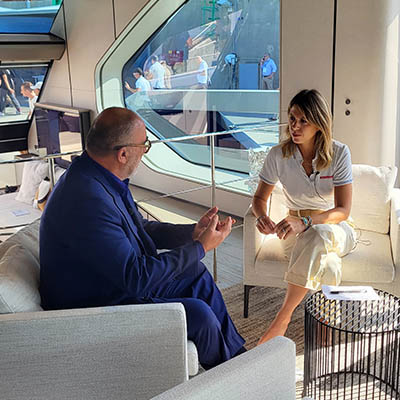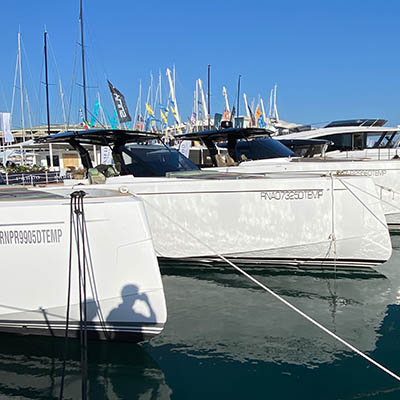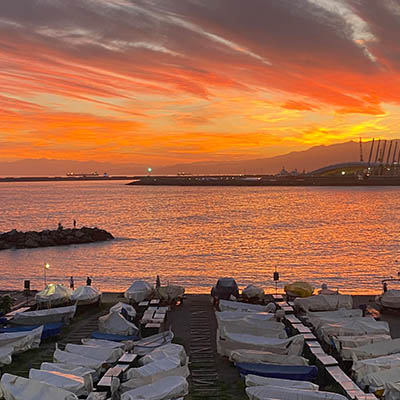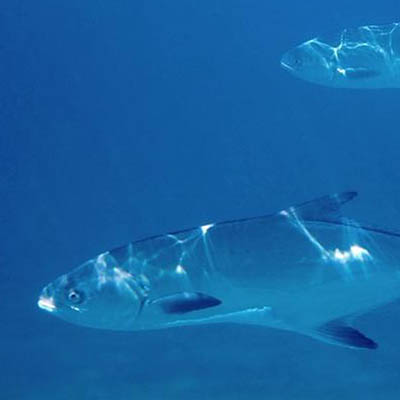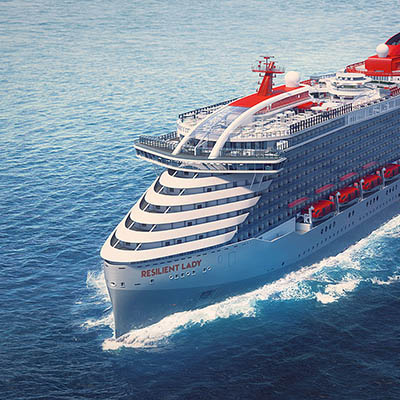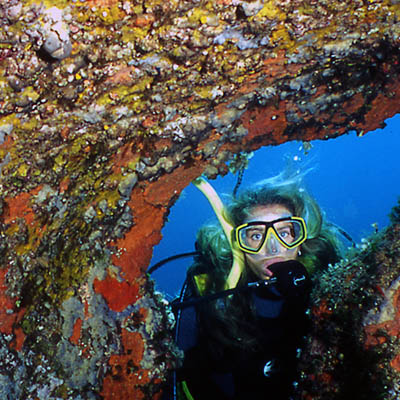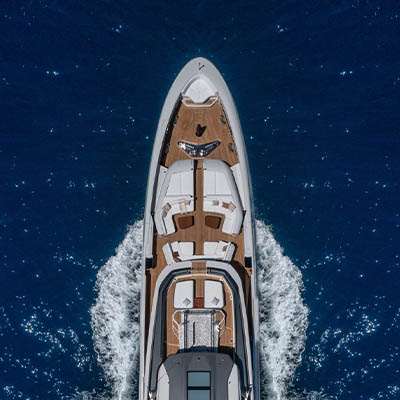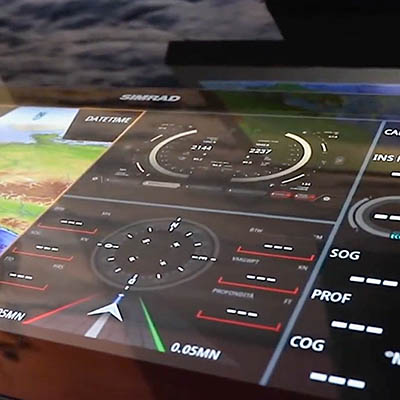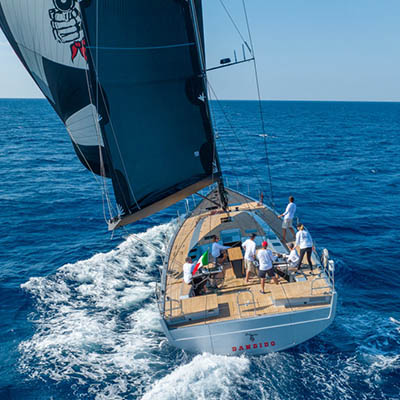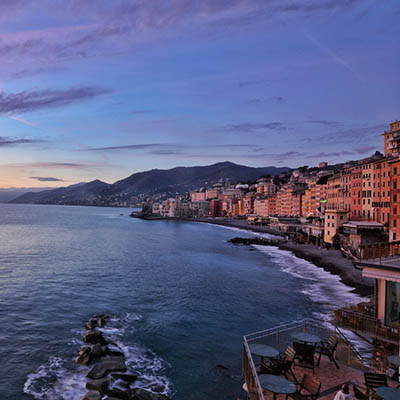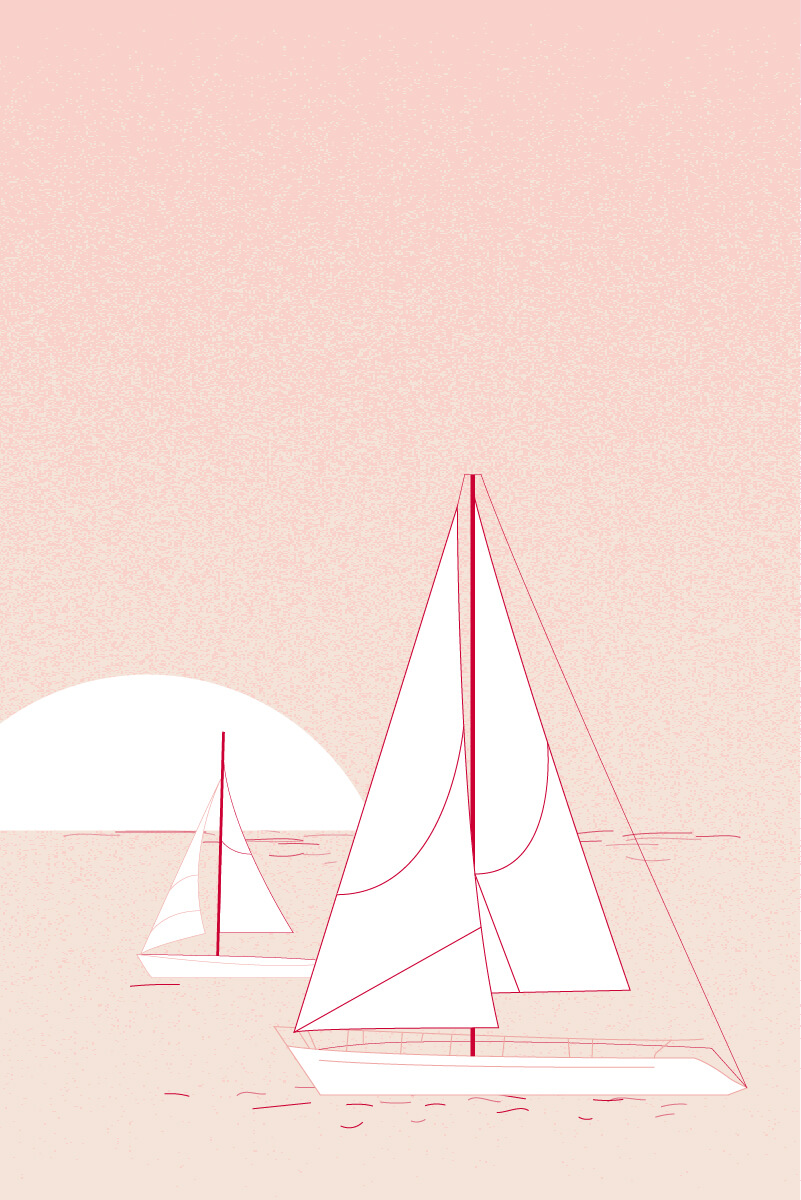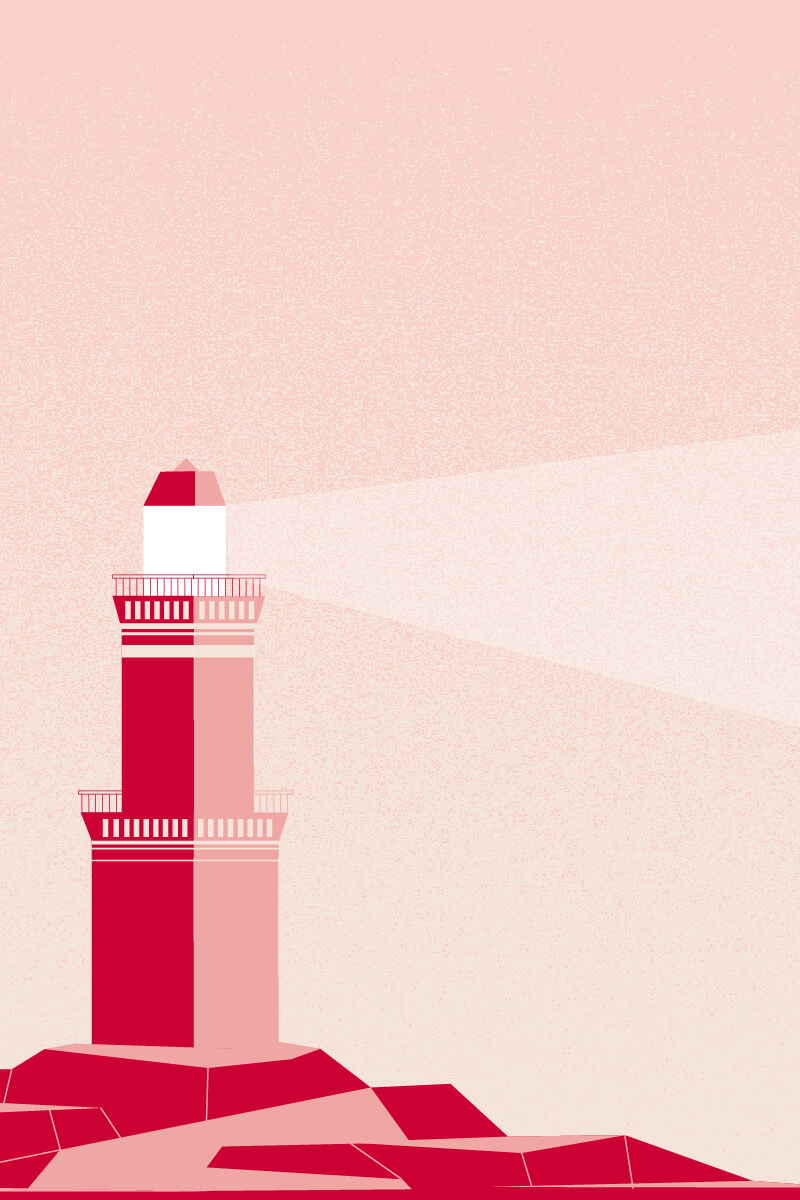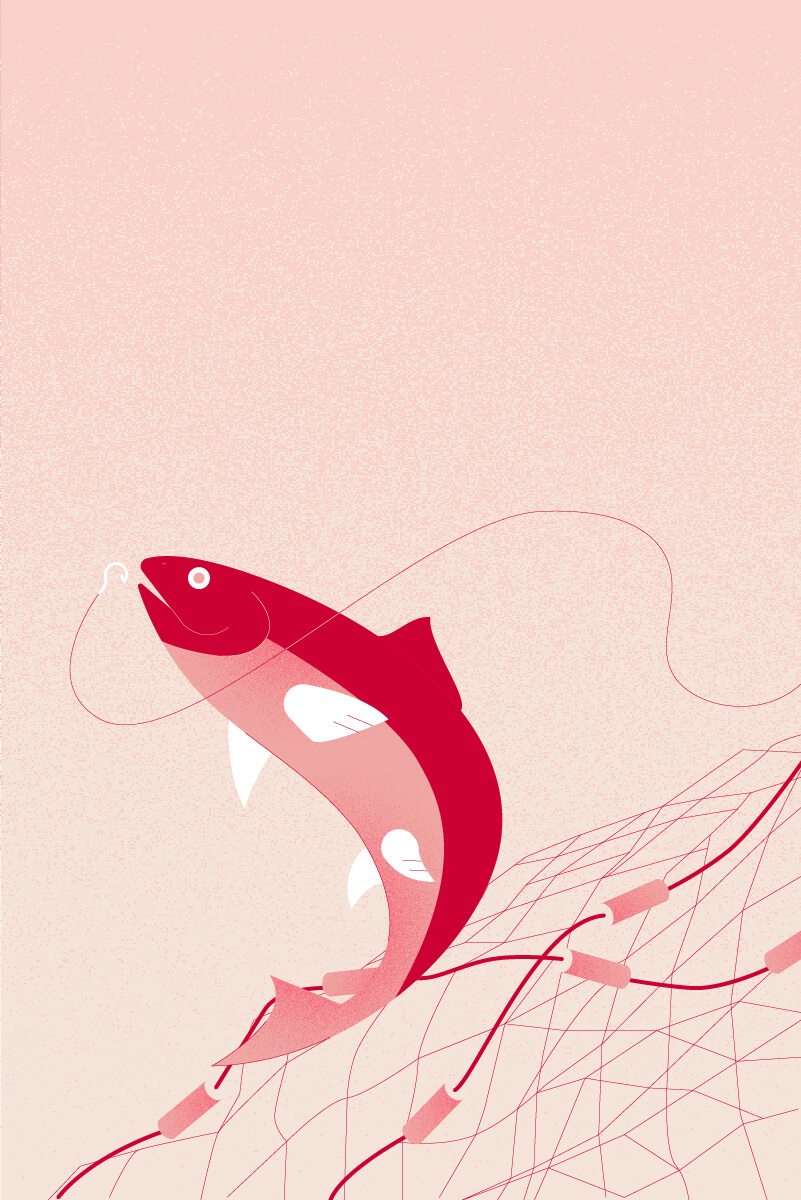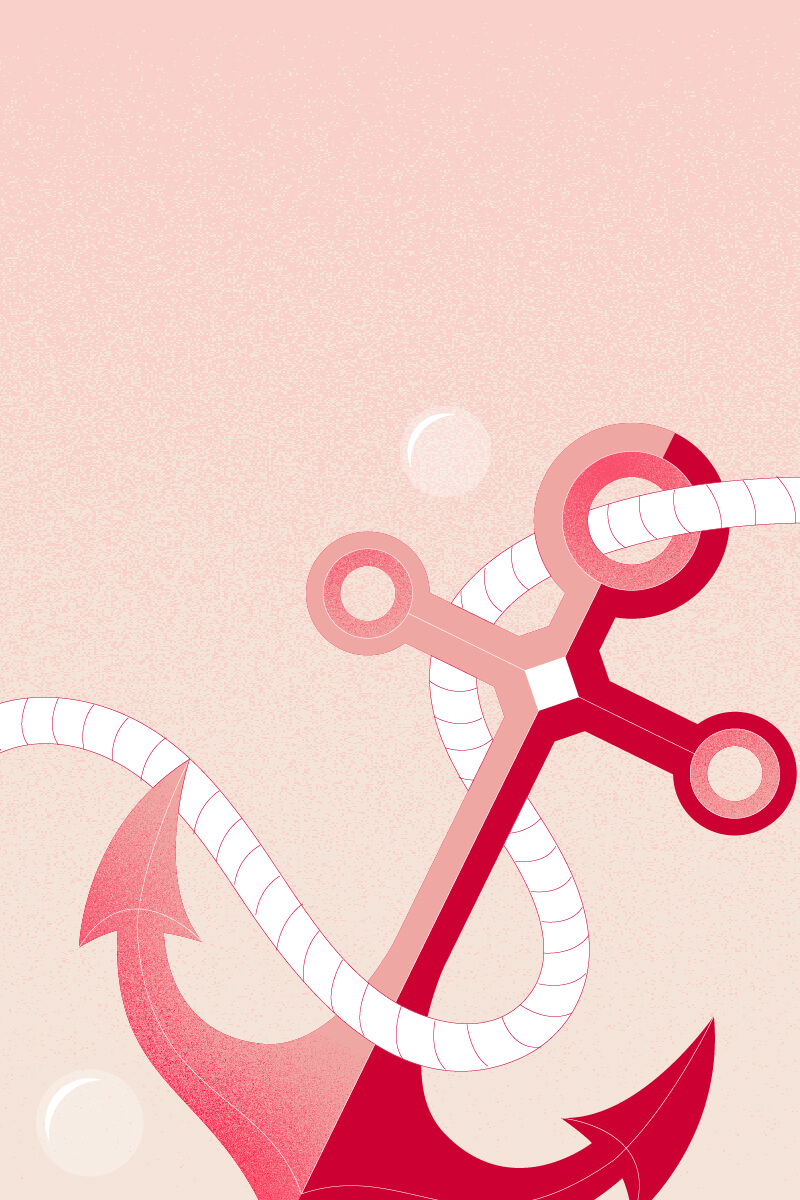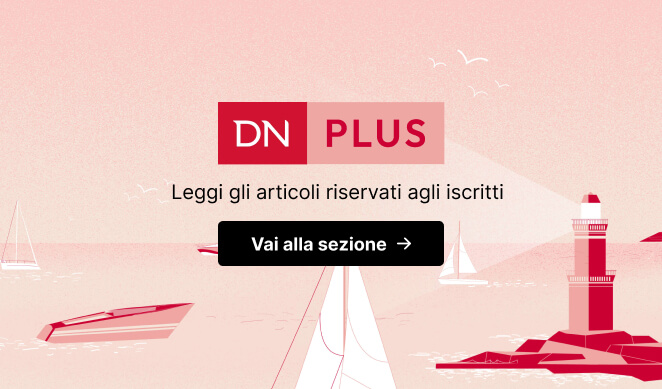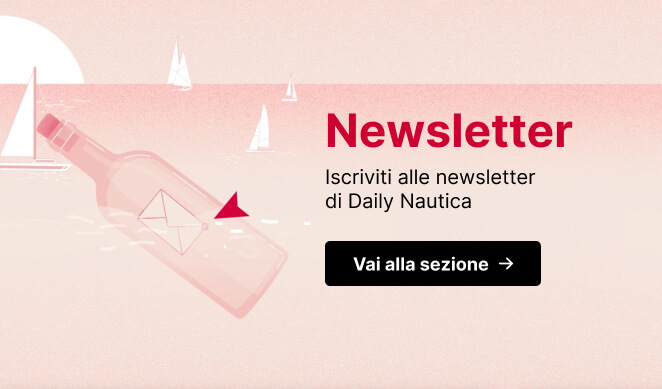Nicola Pomi (Volvo Penta) talks to DN: “Zero emissions in boating is possible”
Interview with Nicola Pomi, Vice President of Marine Sales Yacht & Superyacht for Volvo Penta, participating in the World Yachting Summit in Monaco as an expert in propulsion for pleasure yachting
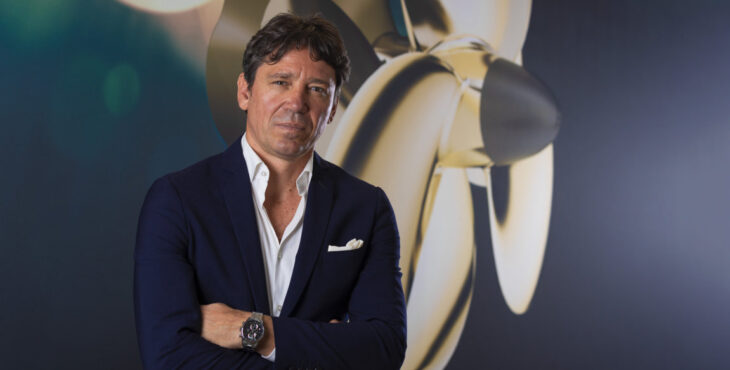
Interview with Nicola Pomi, Vice President of Marine Sales Yacht & Superyacht for Volvo Penta, participating in the World Yachting Summit in Monaco as an expert in propulsion for pleasure yachting
Interview with Nicola Pomi, Vice President of Marine Sales Yacht & Superyacht for Volvo Penta, participating in the World Yachting Summit in Monaco, from 15 to 17 April, as an expert in propulsion for pleasure yachting The company he represents is a market leader and has won a number of awards for the vessels for which they created and supplied advanced systems, many of which are custom. We asked him for a forecast on the future of this important technical field, and more in general, on the sustainability objective, as well as any new challenges that brand is preparing itself for.
What is the future of the marine propulsion industry?
The future of pleasure yachting will be increasingly guided by efficiency, sustainability and digitalisation. We are currently undergoing an important evolutions in propulsion technology, with hybrid and electric solutions that are becoming a reality for small and mid-sized vessels. However, in the superyacht segment, this transition requires an integrated approach that includes advanced energy management systems, alternative fuels and new propulsion architecture. A fundamental element of this transformation is the complete integration of on-board systems. Volvo Penta is one of the few companies that can offer fully integrated solutions, from propeller to antenna, guaranteeing a level of efficiency, reliability and connectivity that has never been seen before. This approach allows us to streamline each aspects of the propulsion and control system, maximising performance and reducing consumption and emissions. Another crucial aspect will be the development of advanced connection systems, while will allow remote monitoring of vessels to optimise maintenance, reduce sudden stops and improve operational efficiency. This will be fundamental to improve after-sales services, making them pro-active and based on real-time data.
Do you think we will reach zero emissions in a reasonable time or is there still a lot of research and technical innovation to achieve first?
Reaching zero emissions is the boating industry is possible, but it requires a gradual change and bespoke solutions for each type of vessel. The industry is already making great leaps forwards with hybrid and electric systems and alternative fuels, but there are still technological and infrastructural limitations. An immediate and actionable way of reducing emissions is to use advanced bio-fuels, like HVO (Hydrotreated Vegetable Oil). All Volvo Penta engines are already compatible with HVO, providing a concrete and immediate solution for reducing CO2 emissions, without needing to modify existing propulsion systems. In parallel, research is continuing on hydrogen, methanol and high density batteries, but we still need more investment and infrastructure. The speed at which the sector will change also depends on the evolution of provisions and the use of these solutions by owners and shipyards.
What technology do you think should be developed to improve sustainability? And which ones if Volvo Penta working on for yachts and superyachts?
Key technology for sustainable boating include hybrid and electric propulsion which can be applied to mid-sized yachts, advanced energy management systems to optimise consumption and reduce waste, alternative fuels like HVO (which can already be used with all our motors), methanol and hydrogen, which could become effective solutions to reduce environmental impact, digital and automated solutions to improve operational efficiency and safety on board, and advanced connectivity with remote monitoring to improve predictive maintenance and after-sales service. What makes Volvo Penta stand out is the company’s ability to provide completely integrated systems, ensuring that all components work together seamlessly. This guarantees improved efficiency, reduced consumption and more intuitive management for owners and captains. Another area of investment is advanced connectivity, with solutions that allow for remote monitoring of vessels to improve fleet management and optimise maintenance. This is a fundamental step to improve after-sales services and provide faster, more effective support for owners and shipyards.
Are current provisions helpful in this evolution or do they need to be updated as innovations are introduced?
Provisions are fundamental to guide the sector towards sustainability, but they need to be in-line with technological evolution. Currently, regulations are increasingly strict, but in some cases implementing them could become a challenge, especially for more innovative solutions. For example, regulations of alternative fuels, like HVO and methanol, need to be aligned in order to foster their use on a wider scale. HVO is already available and is a solution that can be applied immediately, but we need a framework of provisions that makes it easy to use at a global level. It is essential that there be a dialogue between institutions, builders and operators in the industry, and that they be continuous so that provisions can stimulate innovation, not become an obstacle.
What new challenges are you preparing for for the future?
The main challenges we are working on regard electrification and integration of hybrid systems to provide a more sustainable sailing experience without compromising on performance, adopting alternative fuels with tests and research in order to evaluate the use of solutions like HVO, methanol and hydrogen, artificial intelligence and automation to improve operational efficiency of yachts, the evolution of assistance and support systems for navigation and remote controls to make vessel management more intuitive and safe, and advanced connectivity for remote monitoring in order to improve after-sales service and offer predictive support for owners and shipyards. Thanks to our engines’ complete compatibility with HVO, we can already provide an immediate sustainable solution, while we continue developing advanced technology for increasingly innovative and ecological boating.
Topics: Daily Nautica

